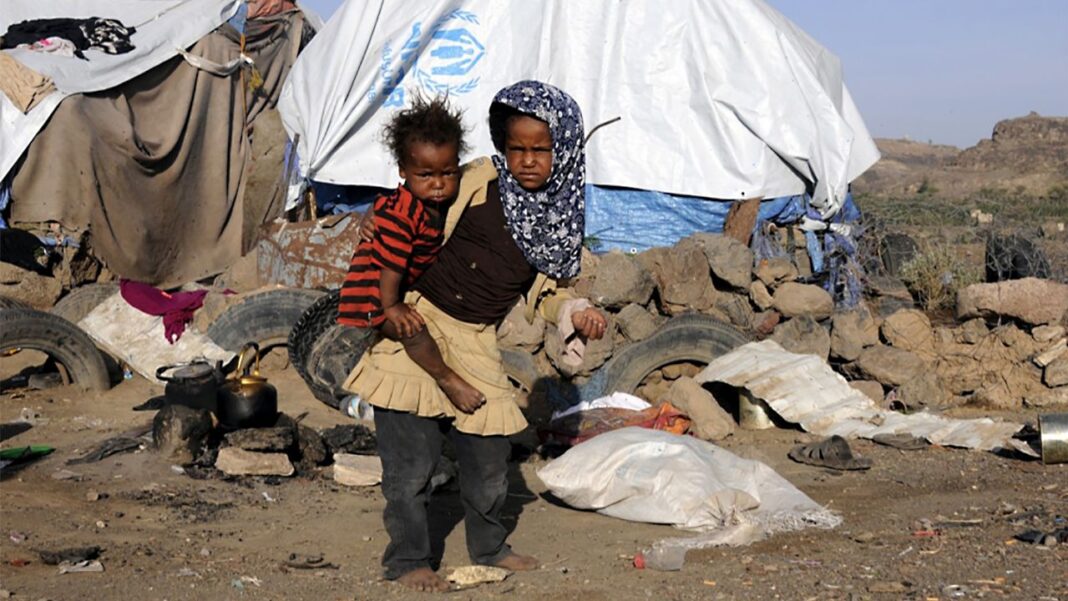UNITED STATES. New York. The crisis in Yemen has never been worse, United Nations experts told the Security Council on 28th July, as delegates meeting in person for the second time in four months addressed the unrelenting violence, uncontrolled spread of COVID-19 and efforts to both right the peace process and pull the economy from the brink of collapse.
Special Envoy Martin Griffiths said Yemen’s Government and Ansar Allah have yet to agree on the text of a joint declaration outlining a nationwide ceasefire and a path for resuming a political process to end the conflict. While both parties have provided feedback on various proposals over the last four months, he encouraged them to conclude the United Nations-brokered negotiations before the window of opportunity closes.
Meanwhile, life for Yemenis has become more unforgiving, he said, with all economic indicators “pointing in the wrong direction”. Rising food prices, a depreciating currency and lack of fuel have made it near impossible to survive. The military campaign against Ma’rib has had a profound humanitarian and economic impact, while aerial attacks in Al-Jawf and Hajjah have caused many civilian casualties. In Hudaydah, the Redeployment Coordination Committee overseeing the ceasefire and redeployment of forces from the port city are still not functioning.
Adding to these concerns, Emergency Relief Coordinator Mark Lowcock drew attention to the “sorry saga” of the Safer oil tanker moored in the Red Sea off Hudaydah, as a United Nations technical team, requested by Yemen’s Government to assess the risk of an oil leak, awaits authorization to deploy from Ansar Allah, which now controls the area. “There has been no progress,” he said. “The rhetoric on Yemen is often reassuring, and the actions relentlessly ruinous.”
The number of conflict incidents causing civilian harm increased in the second quarter of 2020, for the third quarter in a row, with 12 civilian deaths in a 15 June attack in Sa’ada, and another 9 in a 12 July attack in Hajjah. At the same time, there have been severe cuts to essential aid operations, which are “on the verge of collapse”.
Yemen’s health centres barely function
Putting a human face on the evidences, Wafaa Aisaidi, General Coordinator of Médecins du Monde in Yemen, reported her experiences helping mothers dying from preventable difficulties during pregnancy, fathers despairing because they cannot afford treatment for their malnourished children, and children who survived bombings in Hudaydah now living with post-traumatic stress which leaves them fearful of the rain.
On top of this, more than half of Yemen’s health centres barely function — if at all, she said. Health workers are forced to choose between caring for their patients and feeding their children. “Stop the war in Yemen,” she implored. The Council must push parties to engage faithfully in peace talks and pressure those directly involved in the conflict to cease their military operations. It must also pressure countries — including permanent Council members — to end their logistical and military support. “Regular civilians like myself keep wondering if there truly is a collective international willingness to end this war,” she said.



